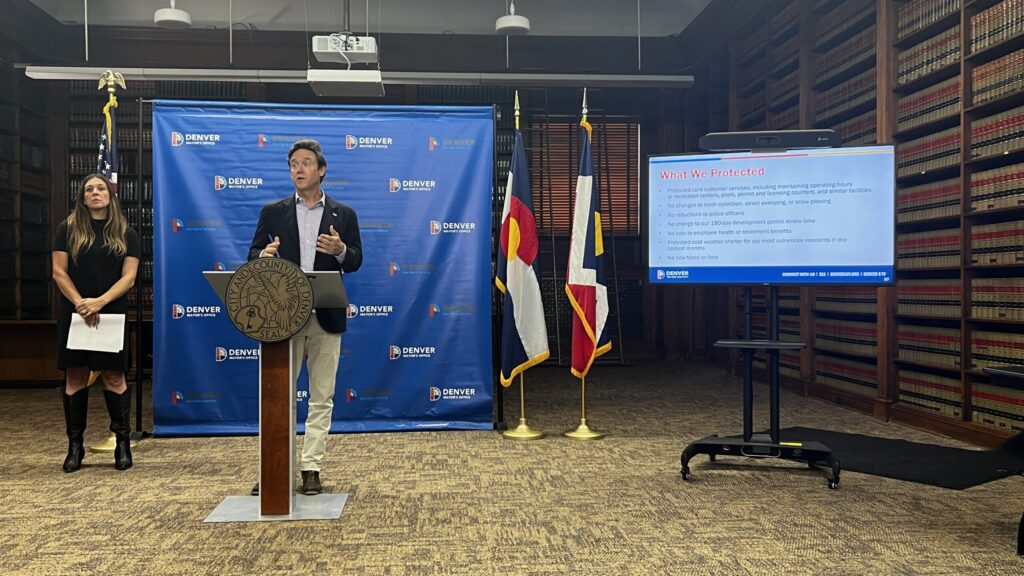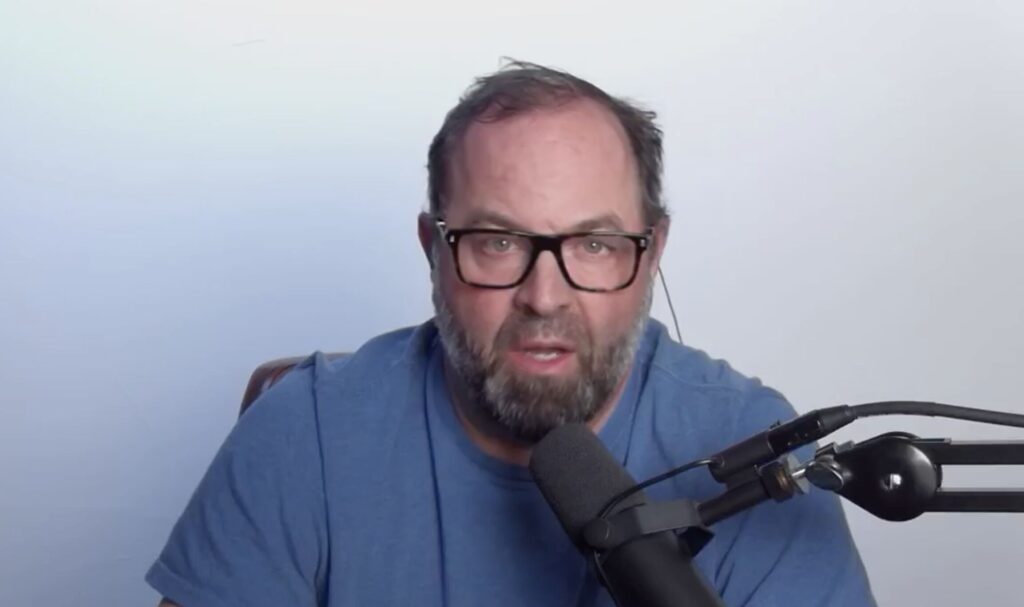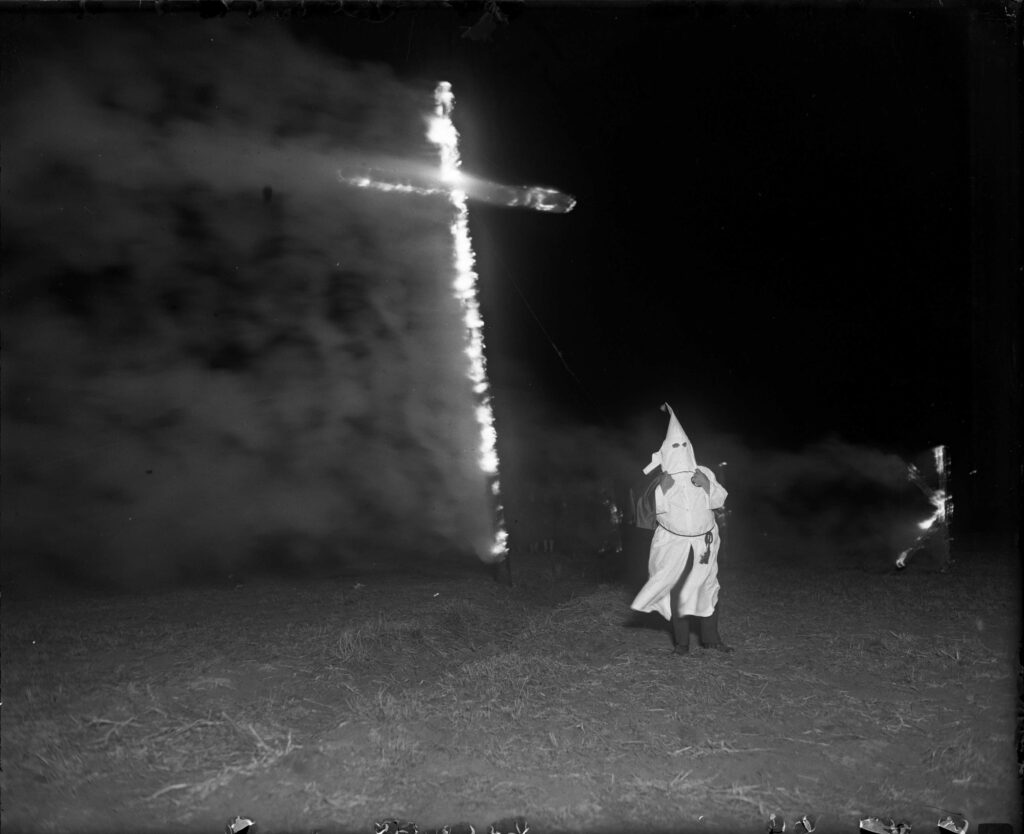Advocates for stricter penalties for fentanyl press their case
A coalition of business leaders and law enforcement officials made the case Monday for making simple possession of fentanyl a felony, one day ahead of a House panel hearing a sweeping bill that seeks to confront Colorado’s opioid crisis.
JJ Ament, president and CEO of the Denver Metro Chamber of Commerce, thanked Speaker of the House Alec Garnett for sponsoring the bill and creating the platform for the discussion. But, he said, the bill as introduced does not go far enough to address the concerns of the business community.
“Restoring to felony status the possession of such a deadly substance” must be part of this bill, Ament insisted.
Fentanyl, used legitimately as a medical anesthetic, is a synthetic opioid that has become a dominant player in the illicit market, and it’s increasingly being mixed into other substances. It’s cheaper and produces a stronger, more fleeting “high,” according to experts. But its potency in small quantities makes it unlike any other substance that preceded it in the drug supply, spurring heated debate about how to address it.
Like the rest of the country, deaths from fentanyl are skyrocketing in Colorado – from just over 100 in 2018 to more than 800 in 2021, based on a new report released Monday from the Common Sense Institute, a nonpartisan institution that is guided by traditionally conservative principles. According to data from the state Department of Public Health and Environment, fentanyl was involved in at least 896 fatal overdoses in 2021, nearly half of the state’s 1,829 drug deaths.
A bipartisan Congressional report published in February attributed the nationwide overdose crisis to a combination of a shift in the drug supply, in which fentanyl is replacing heroin and filling the hole left by crackdowns on legitimate opioid prescriptions, and to the pandemic.
The issue – and legislators’ response via House Bill 1326 – have driven opposing views on how to handle the crisis. On one side are health, harm reduction and criminal justice experts and advocates. Last month, more than 60 organizations wrote an open letter to legislators, urging them to eschew a tough-on-crime approach and to instead treat fentanyl as a public health crisis and focus on treatment and prevention.
Those organizations, led by the Colorado Criminal Justice Reform Coalition, argue that further tightening drug laws will do nothing to help slow deaths and will instead return the state to what they describe as the failed policies of the War on Drugs, waged for decades without preventing the deadly highs. The War on Drugs, they maintain, came at a tremendous societal cost, sending low-level offenders to prison, breaking up families as a result and fiscally burdening local governments as incarceration takes a bigger and bigger portion of their budget.
On the other side stand many in law enforcement, including Attorney General Phil Weiser and trade organizations for county sheriffs police chiefs. Monday’s coalition fits firmly into that camp. The group includes leaders from the Denver Metro Chamber of Commerce; the Colorado Chamber of Commerce; former district attorneys George Brauchler and Mitch Morrissey; and, Basalt Chief of Police Greg Knott, who heads the statewide association of police chiefs.
While they applauded the General Assembly’s efforts to deal with the problem, they indicated during a Monday news conference that the legislation introduced last month falls short of what’s necessary to confront the crisis.
That debate, in particular, revolves around simple possession.
In 2019, bipartisan legislation lowered the penalties for possession of Schedule II drugs – which include heroin, methamphetamines, cocaine and fentanyl – from a felony to a misdemeanor. The threshold for felony charges is now at possession of 4 grams.
Even one pill can kill, said Brauchler, Knott and Morrissey, who are advocating for changes to HB 1326 to reverse the 2019 law as it applies to fentanyl.
Fentanyl is a barrier to attracting new business, said Ament, who added that full recovery is necessary to generate the economics and services to address the problem.
Morrissey said there is no middle ground on the issue of simple possession, given that one pill is enough to kill.
Many users don’t know what they’re taking, he said, adding fentanyl also puts first responders at risk.
“It’s not time for a middle ground,” Morrissey said, adding that policymakers should treat fentanyl “the deadly” substance that it is.
As for the issue of intent, Morrissey said existing state law already addresses that. In order to be convicted of possession of a controlled substance, the person charged must be aware of what it is, he said.
Those who oppose further criminalization warn that fentanyl’s presence in other drugs, notably heroin, cocaine and even fake Xanax pills, make it harder to legislate fentanyl in a vacuum. More users of a variety of substance will be caught up in the criminal justice system, opponents argue, and hard-fought efforts to change how the system approaches substance use will be undone.
Christie Donner, executive director of the Colorado Criminal Justice Reform Coalition, previously said making simple possession of low quantities of fentanyl a felony would “obliterate” the state’s approach to drugs as reflected in changes made to laws in 2019. She and others, like harm reduction advocate Lisa Raville, have said tightened criminal penalties will lead to more overdoses and more inmates.
Morrissey and Brauchler teamed up to work with the Common Sense Institute on a new report on the effects of fentanyl on the state’s economy.
The CSI report, which put the total cost of the 1,104 opioid-related deaths at $15.2 billion, said the share of opioid deaths attributed to fentanyl increased from 19% in 2017 to 73% in 2021. Similar numbers have been reported by the state.
Fentanyl’s share of that cost stands at $11.1 billion, the report claimed, citing data and methodology from the Centers for Disease Control and Prevention. The CSI report said it “inflated” the per death cost in each category by the Personal Consumption Expenditure Price Index (excluding energy and food), raising the cost per death from $11.5 million per person to $13.7 million per person.
The CDC does not break out fentanyl separately in its statistics on overdose deaths. The agency tracks deaths resulting from synthetic substances, of which fentanyl is the primary cause of death, the agency told the Gazette last week. According to that data, Colorado’s overdose rate from synthetics is below the national average and is still outstripped by states on the East Coast, which have battled the opioid crisis longer and in higher numbers than elsewhere.
But Colorado’s rate of increase since 2018, when the agency began to collect this data, is now among the highest in the nation.
The CSI report pointed out that none of Colorado’s neighboring states singles out fentanyl in drug laws, and that Wyoming, Utah, New Mexico and Oklahoma treat simple Schedule II possession as a misdemeanor, just as Colorado’s 2019 law did. Nebraska, Kansas and Arizona treat possession of Schedule II drugs as a felony.
In its own briefing on the subject, the Criminal Justice Reform Coalition said there’s no correlation between Colorado’s drug possession law and its overdose rate. According to the coalition, Colorado has the 29th-highest overdose death rate in the country, behind 16 states that treat possession as a felony.













